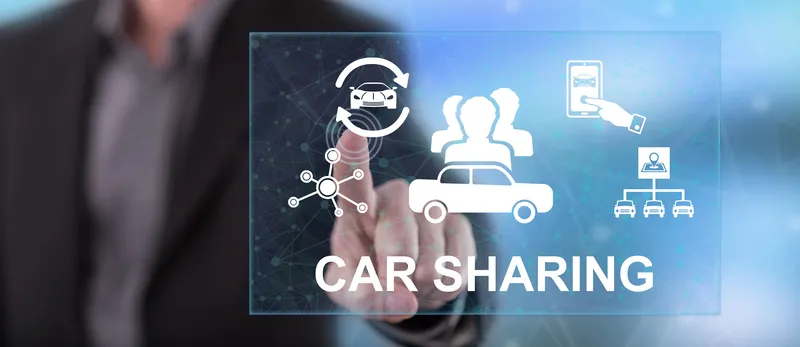The company says it can drive autonomously to a particular space to recharge its batteries.
The experimental Stella Era vehicle, which has a range of 1,800km, is equipped with
Solar Smart parking is based in Ericsson’s connected vehicle cloud, a digital platform aimed at helping vehicle manufacturers deploy and manage new services for connected vehicles.
Solar Team Eindhoven - a group of students from the Technical University Eindhoven in the Netherlands - designed and constructed Stella Era.
Ericsson’s country manager Everth Flores says: “The development of a solar car is an excellent example of our commitment to contribute to the UN Sustainable Development Goals.”
Ericsson demos autonomous parking via solar energy
Ericsson has launched a solar-powered car which finds out which parking spot contains the most sunshine and then moves to position itself accordingly.
The company says it can drive autonomously to a particular space to recharge its batteries.
The experimental Stella Era vehicle, which has a range of 1,800km, is equipped with Ericsson’s Solar Smart parking solution and can also share its energy with other electric vehicles parked next to it, the company adds.
Solar Smart parking is based in Ericsson’s c
November 13, 2019
Read time: 2 mins







